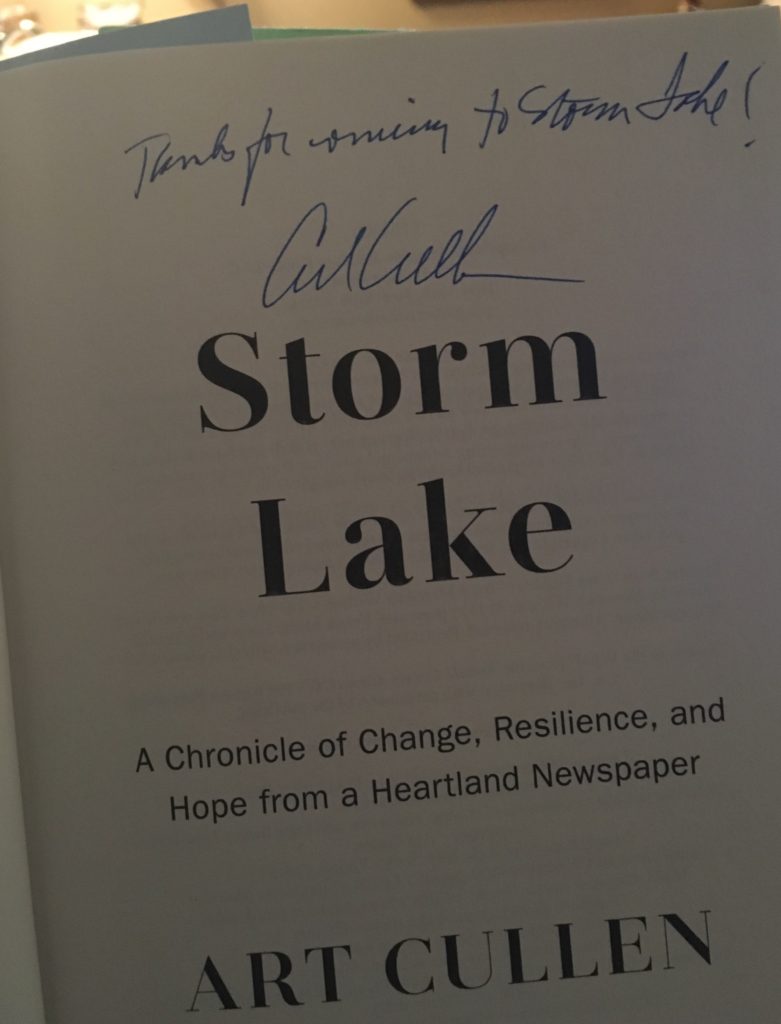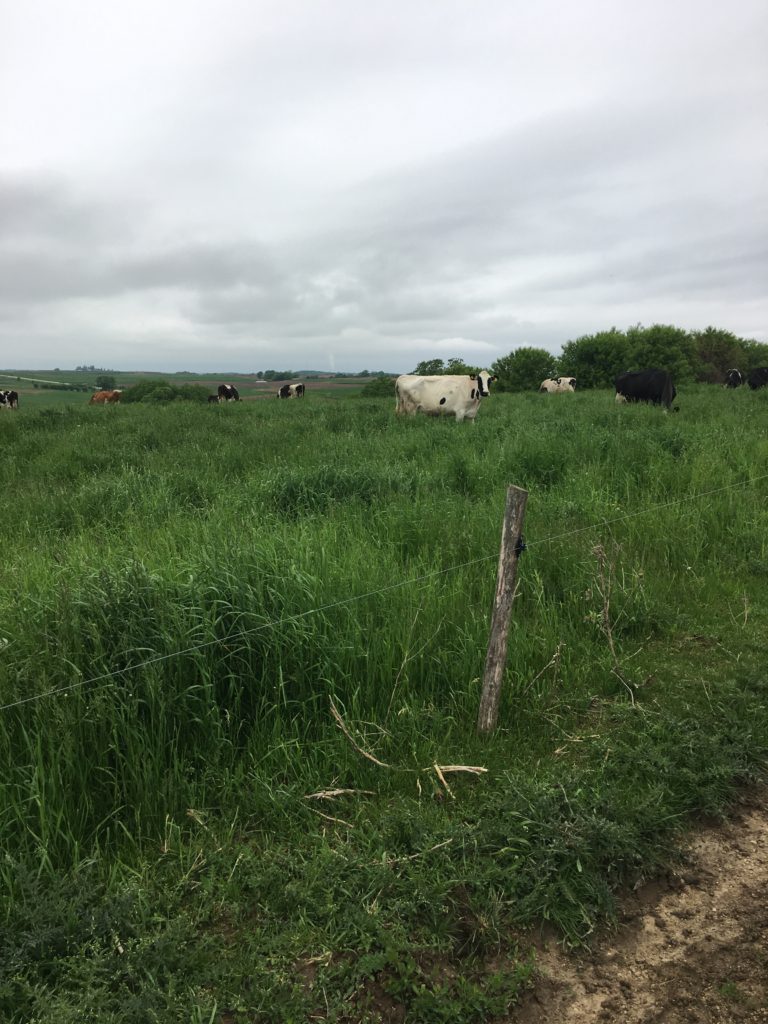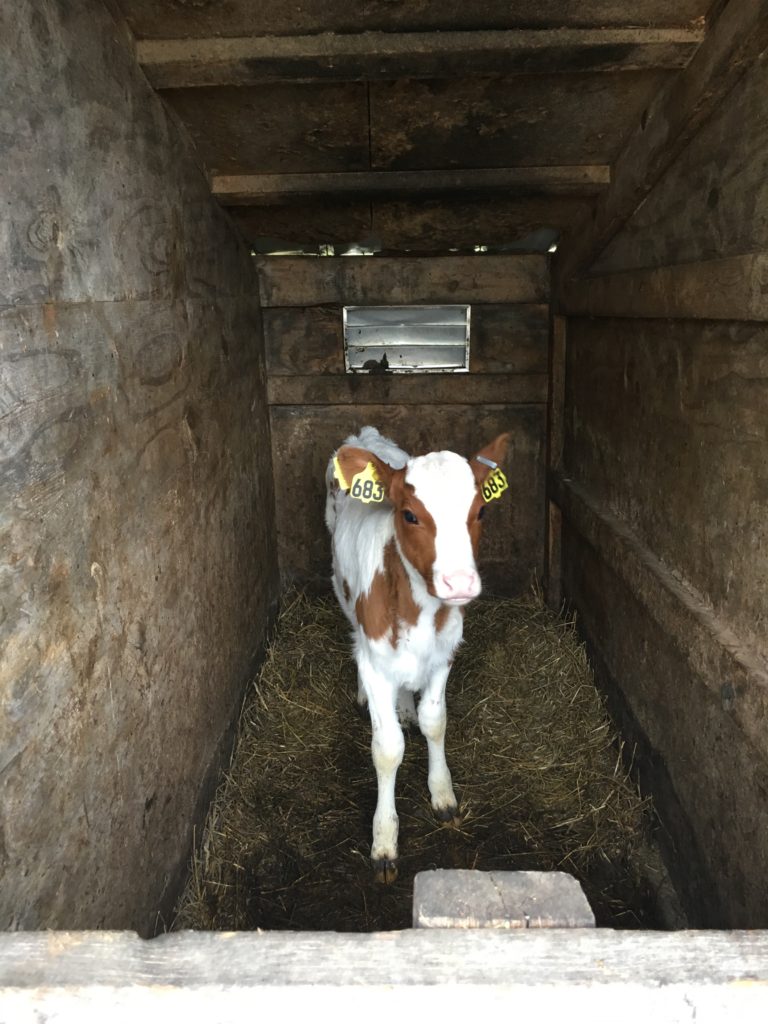Legacy is a seed in a garden you never get to see grow.
That is what the fight against climate change should be, a legacy. A situation that is left better for the next person who has to take it on.
Connie Mutel, plant ecologist, explains that the fight against climate change should not be a fight that makes a younger generation feel hopeless, but instead instills a feeling of hope. She says, “Think Positively, Cultivate Hope.”
Imagine a land where the soil was so rich and absorbent that when it rained no water was left on the surface on the ground. Imagine there were roots so thick that you couldn’t plow through the soil with simple garden tools. Imagine such an abundance of animals that when birds migrated to different regions of the Earth it took days for a single flock to pass by.
This was Iowa. This how the land used to be, before colonization and mass groups of people moving to the area looking for refuge. There may not be a way for the state to back to its origin, but we can still mend the damage that has been done. In the play Map of My Kingdom, Mary Swander writes about how farmers in Ireland used seaweed to bandage the damaged soil and the breakdown of the seaweed replenished the organic material that was lost. Now Iowa may not seaweed, but there are still so many resources avaliable to help faciliatate Earth-freindly practices in farming. Beyond the range of the farmer, the state could take the lead in implementing programs that help slow down climate change.
Mutel mentioned that largest role we can take as fighters against climate change is to hold elected officials accountable. If anyone has the resources necessary to fight climate change it is the government. Government rules the land, with slack regulations and continuous pointless debate over climate change there might come a time when all the effects become irreversible. It is time to tell our elected officials that it is not a matter of whether or not climate change is real or not, it is a matter of when are we going to make a change.
This is no new phenomenon. Scientists have recognized the signs of climate change since 1824. It’s time to push for a farm bill that lays down the law. We need regulation and we need government help. If nothing is changed then we can count on losing farm land, food sources, healthy water, and further peace of mind.
It’s not about who is the bad guy. It is all of us. Every time we leave a light on when leaving the house, forget to recycle a plastic bottle, or plant a corn or soybean field using synthetic fertilizers and chemical pesticides followed by no cover crop; we are the bad guy. It’s not much, but it is a seed that grow into health and benefit for those to come.



